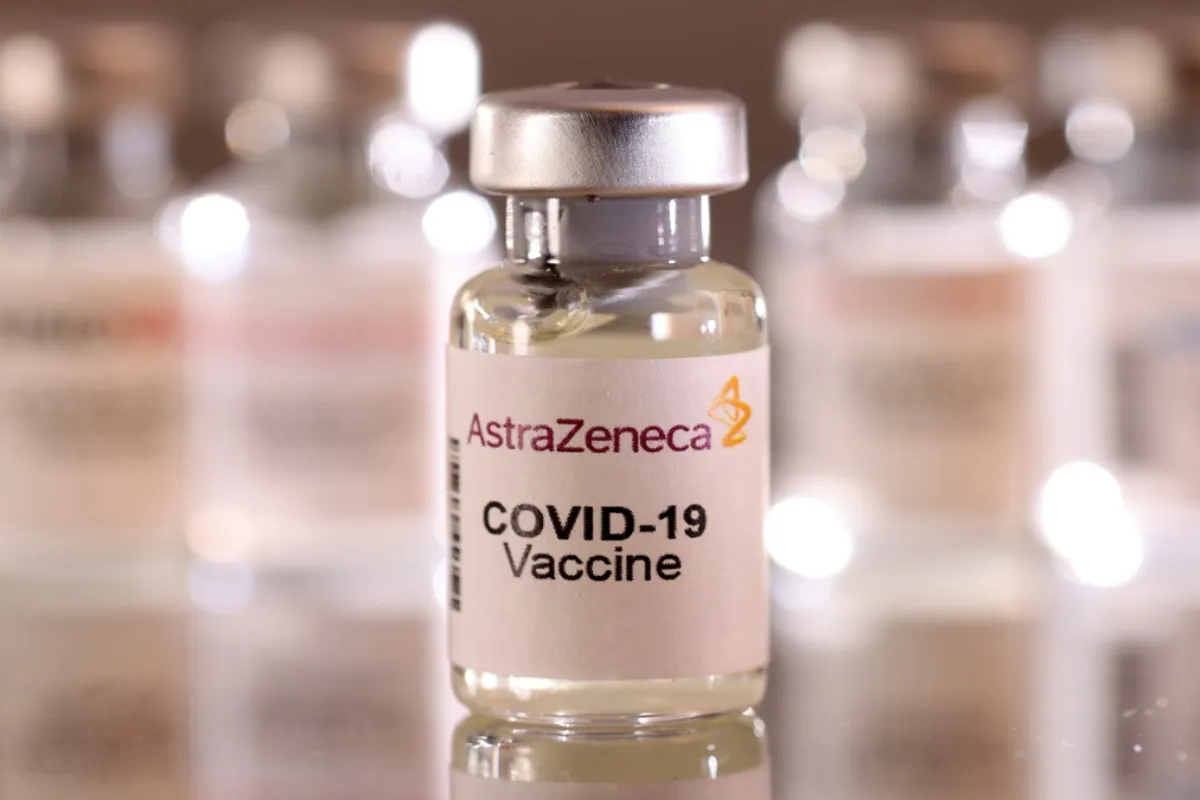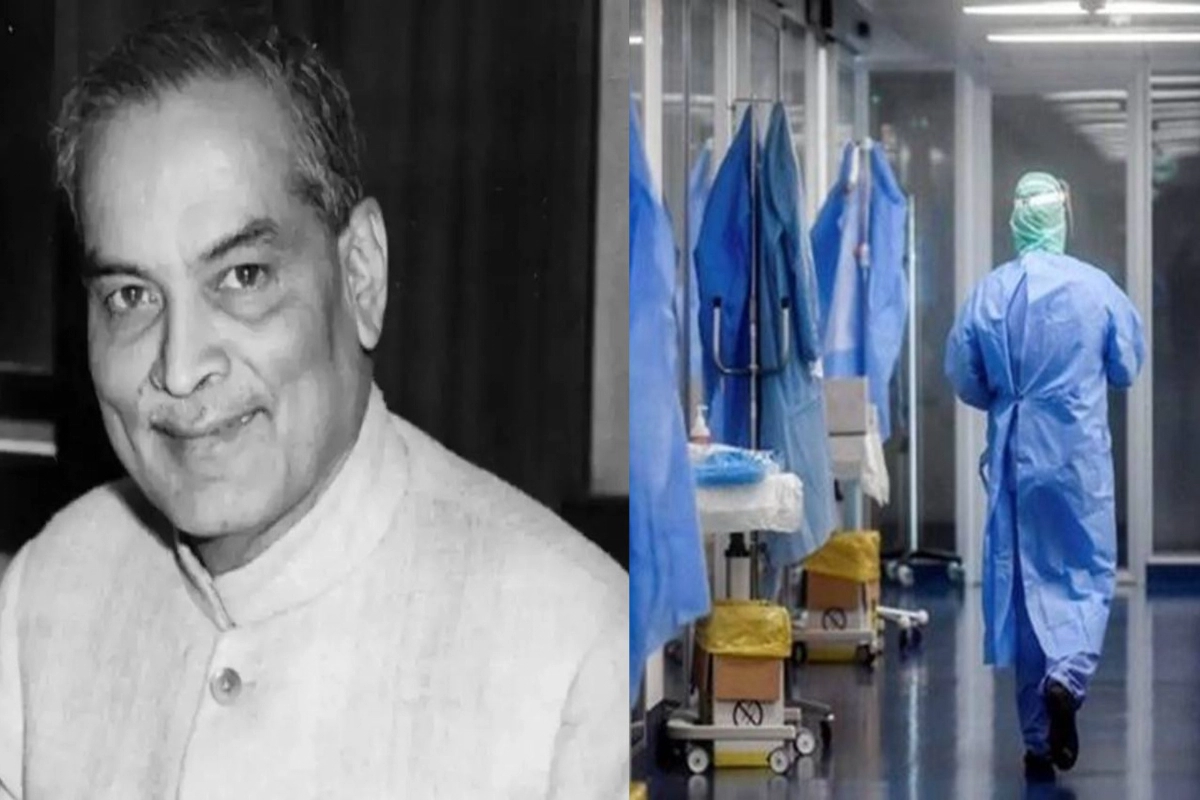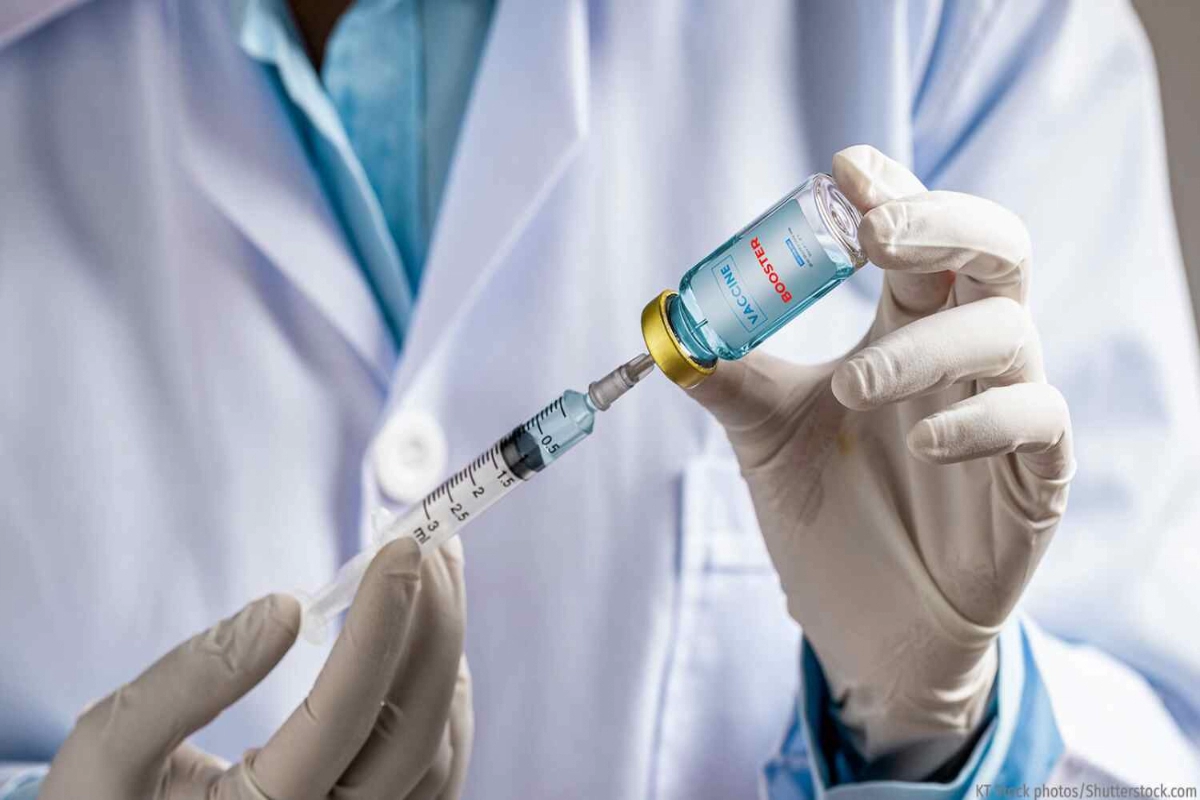Serum Institute of India on Tuesday announced that it has already started manufacturing the potential vaccine of coronavirus developed by the Oxford University. The Pune based company is looking forward to produced 3-4 million doses by the end of August, said Suresh Jadhav, Executive Director of Serum Institute.
The company on Tuesday announced that it will be starting trials of the covid-19 vaccine candidate developed by Oxford University and AstraZeneca by the end of August on up to 5,000 Indian volunteers, after getting required permission from the authorities.
If all goes well, the vaccine will be launched next year in June, the company said.
While phase-3 trials of the vaccine have begun in the UK, Brazil and South Africa, Serum Institute is considering seeking permission to carry out a multicentric phase-3 trial ere in the country.
“Based on the safety and immunogenicity data of the phase-3 trial carried out in India, we will trigger production of the vaccines even before the results are formally available,” said Jadhav.
Serum Institute is the largest vaccine maker in the world, and is putting USD 200 million at risk by manufacturing commercial batch of nearly 300 million doses before the final nod to launch the vaccine in the market.
Meanwhile, Oxford University on Monday announced promising results of the vaccine, making it one of the leading ones among number of vaccine being developed across the globe.
The university has tied up with Serum Institute of India to manufacture and supply vaccine here in India along with as many as 60 countires having a combined population of 3 billion.
Adar Poonawalla, SII’s chief exective officer, said that the vaccine will be launched under the brand name of Covishield if the trials are succesful both in the United Kingdom and in India. He further said that they are trying to keep the price of the potential vaccine as less as possible to reach the people of India in large numbers.
“We are going to give it at a very affordable price… We are planning to put it at about Rs 1000 or less than that… I don’t think any citizen of India or of any other country is going to have to pay for it because it is going to be bought by the government and distributed free,” he said.












